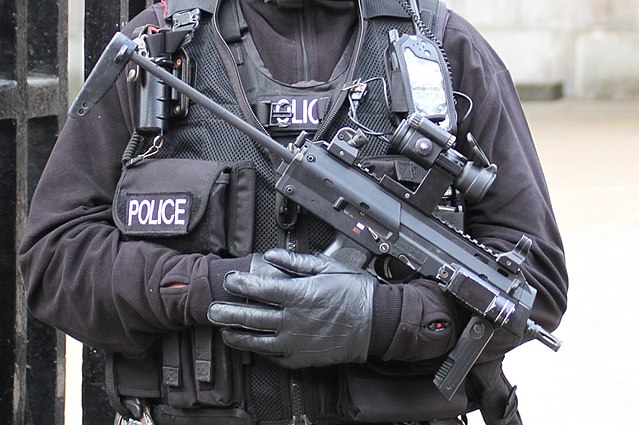Firearms officers who face trial for shooting suspects will not be named unless convicted, the Home Secretary has proposed in new reforms.
The Home Secretary, Yvette Cooper, said the Government will introduce a ‘presumption of anonymity’ for firearm officers being investigated. This follows the case of police officer Martyn Blake, who was cleared of murder for the death of Chris Kaba. As covered in The Justice Gap, a judge lifted an anonymity order restricting the release of the officer’s name after a challenge by media organisations.
When addressing the House of Commons, Yvette Cooper said, ‘when officers act in the most dangerous situations on behalf of the state, it is vital they and their families are not put in further danger during any subsequent legal proceedings.’ The right of ‘anonymity’ will be put in place unless decided otherwise by the judge, depending on the case.
Metropolitan Police Commissioner Sir Mark Rowley has welcomed these reforms and stated the current system of accountability of the law is ‘unbalanced and fails to secure the confidence of the public and officers.’
Deborah Coles, the Director of INQUEST, a charity supporting the family of Chris Kaba and other victims of state-related deaths, has previously said that providing anonymity for police officers ‘goes against the principles of an open and transparent justice system.’ She argued that ‘the rule of law must apply equally to police officers.’
Diane Abbott, Labour MP for Hackney and Stoke Newington, said in the House of Commons ‘nothing could be more damaging for police community relations’ than the idea that police officers are above the law.
Abimbola Johnson, a barrister and chair of an independent National Police Chiefs Council board set up to scrutinise its action plan, warned that the Kaba case was not a ‘typical case’ and should not be used to push for legislative change. Quoted by the BBC, she said, ‘it is already extremely rare for us to see police officers being prosecuted under the criminal justice system for action they have conducted whilst in the line of duty.’
The Home Office also laid out plans to ‘speed up processes’ between the Independent Office of Police Conduct (IOPC) and the Crown Prosecution Service (CPS), as well as introducing a ‘presumption of dismissal’ for police officers who are found guilty of certain criminal offences.
The head of the CPS, Stephen Parkinson said ‘it is crucial that police officers are able to use their powers with legal certainty and clarity, always balanced with the public’s need to see the highest levels of scrutiny and accountability.’






